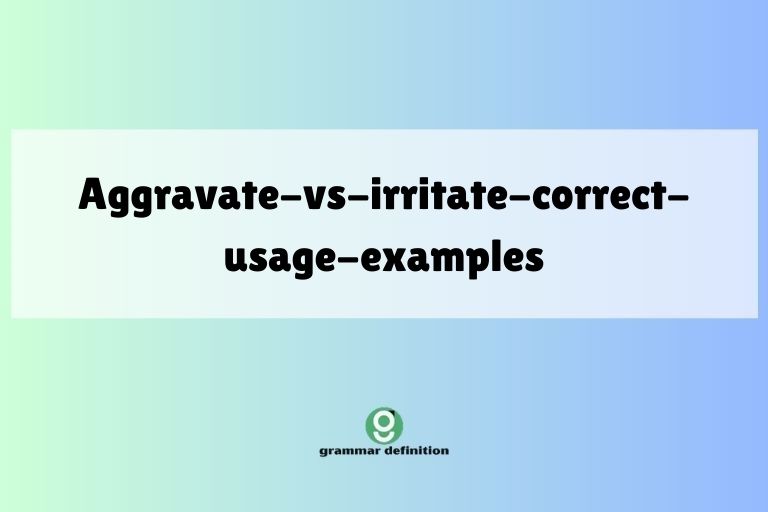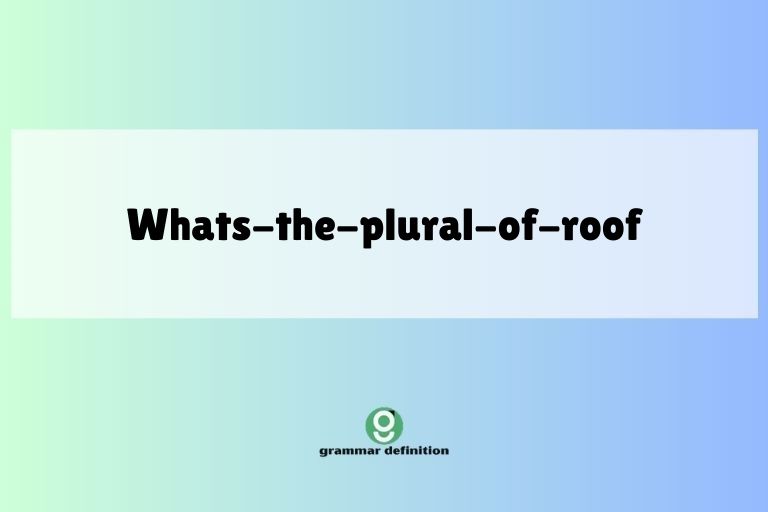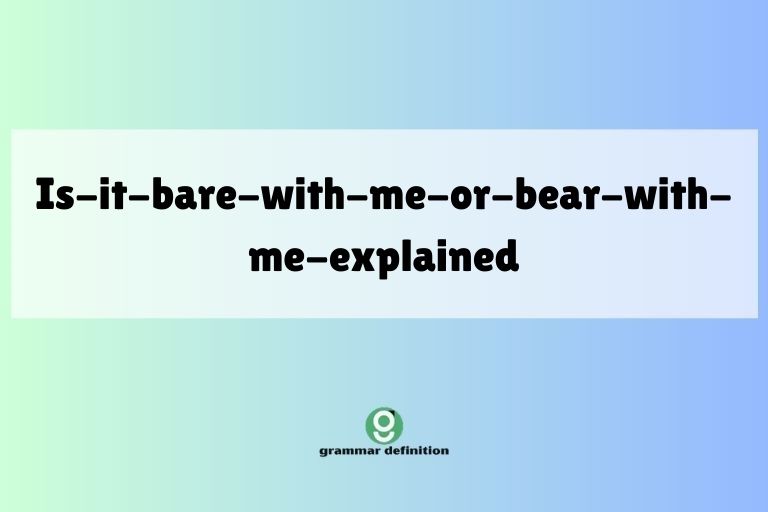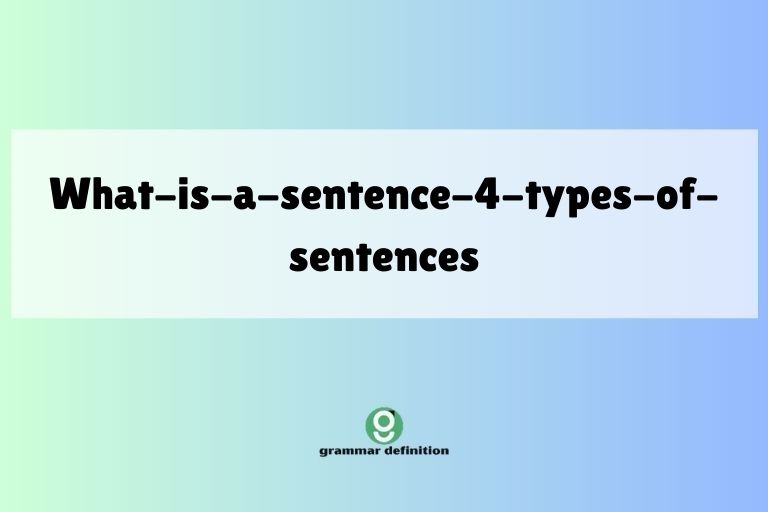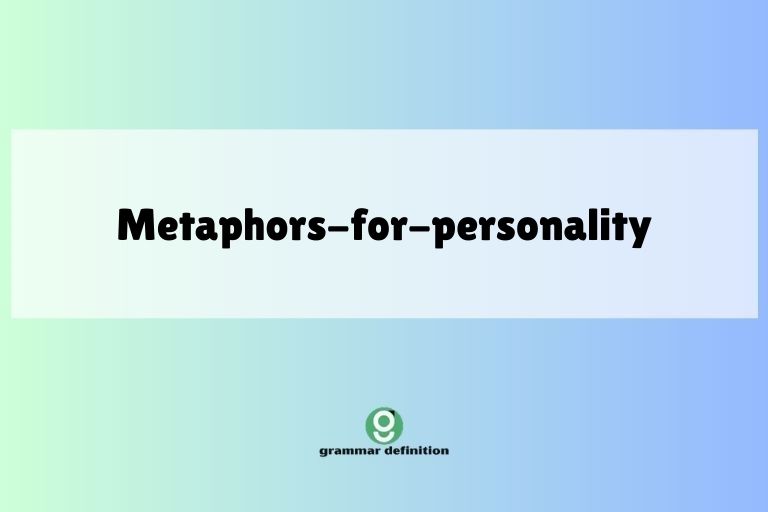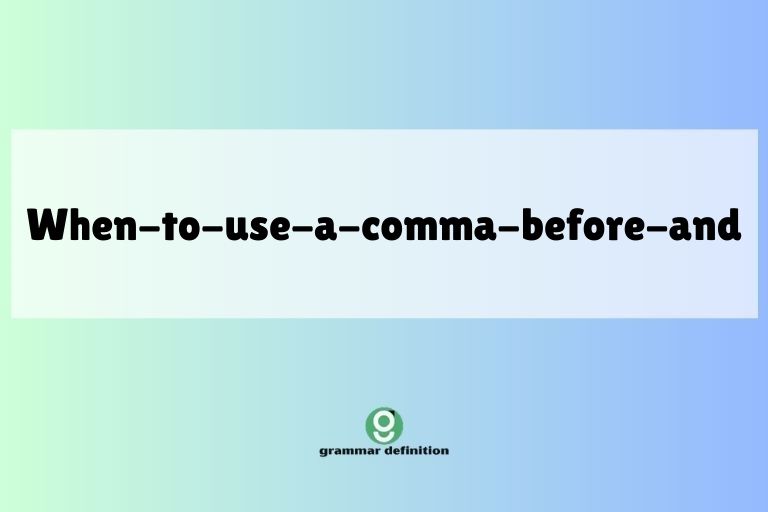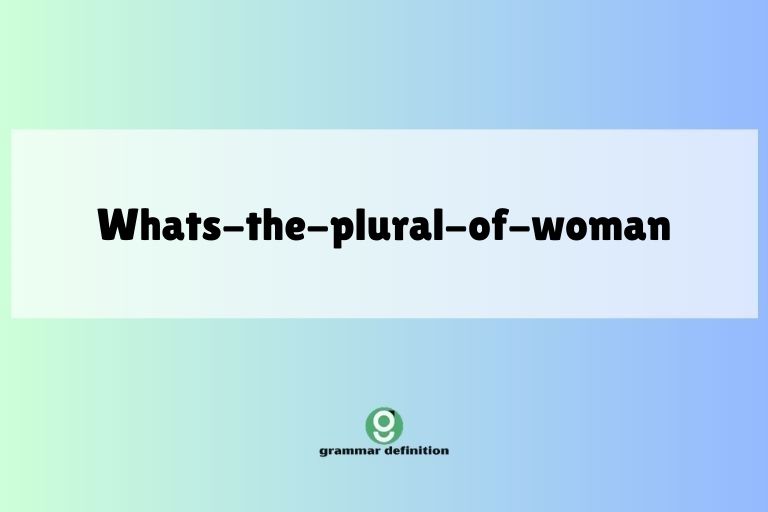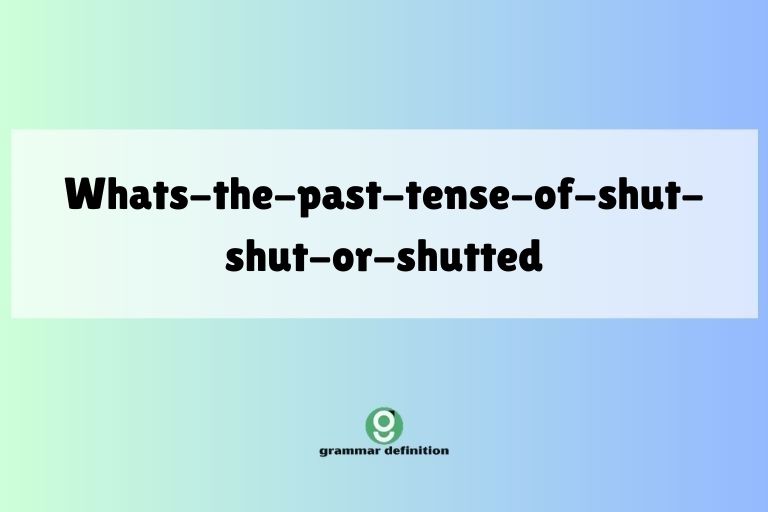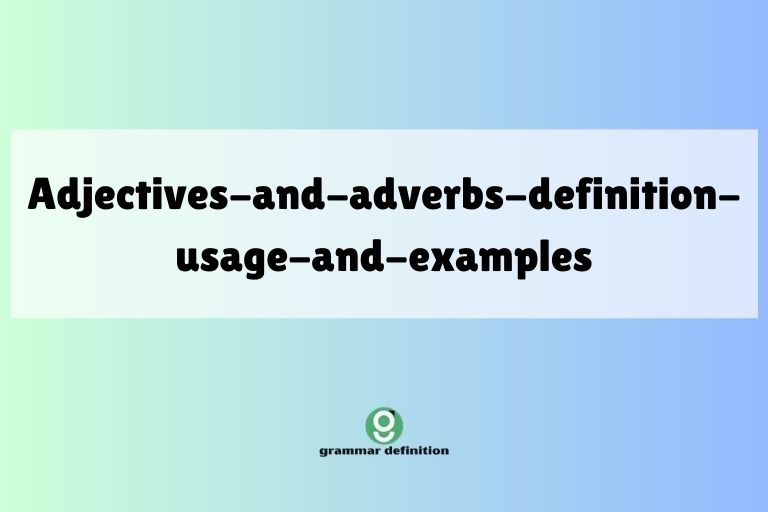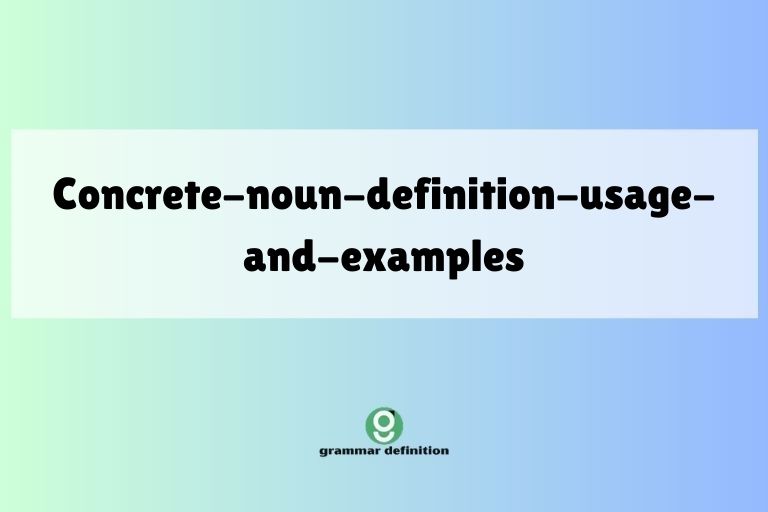Aggravate vs. Irritate: Mastering Correct Usage
Understanding the nuances between “aggravate” and “irritate” is crucial for precise and effective communication in English. While often used interchangeably in casual conversation, these words carry distinct meanings and connotations. Using them correctly enhances clarity and demonstrates a strong command of the language. This article provides a comprehensive guide to the proper usage of “aggravate” … Read more

